The fitness world has gone mad for protein. Walk into any supplement store and you'll find walls lined with protein powders, bars, and shakes promising to build muscle and torch fat. Instagram influencers hawk high-protein meal plans while gym bros swear by eating their body weight in chicken breasts. But when does this protein obsession cross the line from healthy to harmful?
The Great Protein Gold Rush
Over the past decade, protein has become the undisputed king of nutrients in Western diets. The global protein supplement market alone is projected to reach $21.5 billion by 2025, fueled by growing health consciousness and aggressive marketing from the fitness industry. What began as a niche concern for bodybuilders has exploded into mainstream dietary dogma.
Supermarket shelves now groan under the weight of protein-fortified everything - from cereal and pancake mix to yogurt and even water. Restaurants proudly advertise protein counts on menus, while food manufacturers slap "high-protein" labels on products as a health halo. We've reached peak protein mania, but few consumers stop to ask whether more always equals better.
When Protein Turns Toxic
The human body requires protein to build and repair tissues, produce enzymes and hormones, and maintain muscle mass. The Recommended Dietary Allowance (RDA) suggests 0.8 grams of protein per kilogram of body weight for sedentary adults - about 56g for a 70kg man. Yet many fitness enthusiasts consume double or triple this amount, believing extra protein automatically translates to bigger biceps.
What most don't realize is that the body has limited capacity to utilize dietary protein. Once immediate needs are met, excess amino acids are stripped of their nitrogen and converted to glucose or fat. This metabolic process places significant strain on the kidneys, which must work overtime to excrete the nitrogen waste through urine.
Chronic high protein intake can lead to kidney damage over time, particularly in individuals with pre-existing kidney conditions. The kidneys' filtering units, called nephrons, become overworked trying to clear the byproducts of protein metabolism. While healthy kidneys can adapt to moderate increases, sustained high intake may accelerate age-related decline in kidney function.
The Weight Gain Paradox
Protein's reputation as a weight loss wonder stems from its high thermic effect (the body burns more calories digesting protein than carbs or fat) and ability to promote satiety. However, these benefits have limits that many protein pushers conveniently ignore.
At the end of the day, protein contains calories like any other macronutrient - 4 calories per gram. When consumed in excess of energy needs, those calories get stored as fat just as readily as surplus carbohydrates or dietary fat. The fitness community's beloved "protein gut" - that distended abdominal appearance some muscular individuals develop - often stems from chronically overeating protein alongside intense weight training.
Nutrition scientists have observed that many high-protein dieters actually consume more total calories than they realize, lulled into a false sense of security by the "healthy" protein label. A 2021 study in the Journal of Nutrition found that participants consuming 35% of calories from protein showed no greater fat loss than those eating 15% protein when calories were matched, challenging the notion that protein automatically equals leanness.
Metabolic Mayhem
The downstream effects of excessive protein consumption extend beyond kidney strain and potential weight gain. Very high-protein diets often displace other vital nutrients by crowding out fruits, vegetables, and whole grains. This can lead to fiber deficiencies, micronutrient gaps, and gut microbiome imbalances.
Some research suggests that long-term high intake of animal proteins may increase levels of IGF-1 (insulin-like growth factor 1), a hormone associated with accelerated aging and increased cancer risk. Populations with the greatest longevity typically consume moderate protein diets with heavy emphasis on plant sources.
Then there's the issue of protein quality. Not all proteins are created equal, yet many protein-obsessed eaters focus solely on quantity. Processed protein supplements often contain questionable additives, heavy metals, or artificial sweeteners that may negatively impact health when consumed daily.
Finding the Sweet Spot
So how much protein do you actually need? The answer depends on your activity level, age, and health status. Endurance athletes and those engaged in intense strength training may benefit from 1.2-2.0g per kg of body weight. Older adults experiencing muscle loss might need slightly more to combat sarcopenia. But for most moderately active individuals, sticking close to the RDA with occasional higher days is sufficient.
Quality matters tremendously. Prioritize whole food sources like eggs, fatty fish, grass-fed meats, dairy, legumes, and quinoa over processed powders and bars. Spread intake evenly throughout the day rather than consuming massive amounts in one sitting, as the body can only utilize about 25-35g of protein per meal for muscle synthesis.
The most balanced approach views protein as one important piece of the nutritional puzzle rather than the entire picture. Pair adequate protein with plenty of colorful plants, healthy fats, and smart carbohydrates. Listen to your body's hunger and fullness cues rather than blindly following arbitrary protein targets. And remember - more isn't always better when it comes to nutrition, even for something as vital as protein.
Breaking Free From Protein Dogma
The protein craze shows no signs of slowing, fueled by billion-dollar industries with vested interests in selling more products. But true health comes from balance, not extremism. While protein certainly plays crucial roles in the body, we've reached a point of diminishing returns where additional intake provides no benefits and may actually cause harm.
Rather than obsessing over grams of protein, focus on eating a varied diet of minimally processed foods. Pay attention to how different amounts of protein make you feel rather than following blanket recommendations. And if you're concerned about your protein intake or kidney health, consult a registered dietitian rather than taking advice from fitness influencers with supplement sponsorships.
At the end of the day, our ancestors built strong, healthy bodies without protein shakes or macro tracking apps. They ate whole foods when hungry and moved their bodies regularly - a refreshingly simple approach we'd do well to remember in our age of nutritional overcomplication.

By /Jun 5, 2025

By /Jun 5, 2025

By /Jun 5, 2025
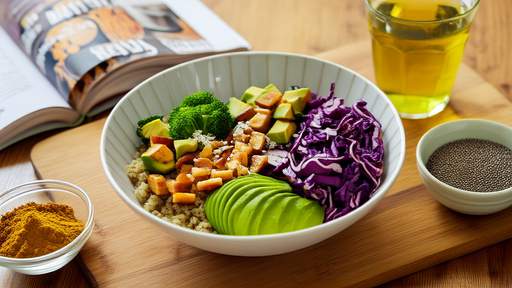
By /Jun 5, 2025

By /Jun 5, 2025

By /Jun 5, 2025
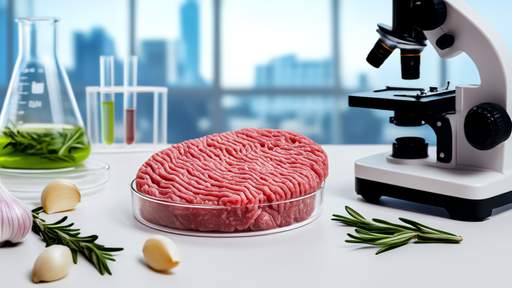
By /Jun 5, 2025
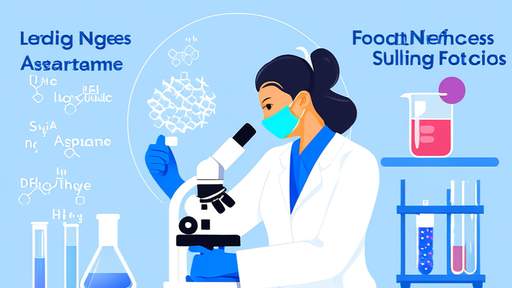
By /Jun 5, 2025

By /Jun 5, 2025
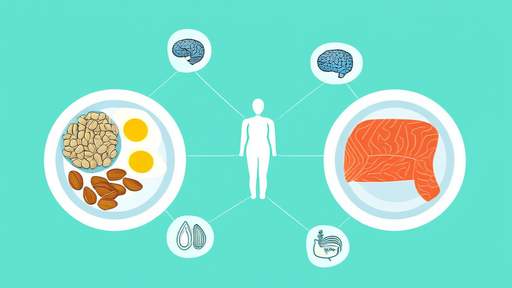
By /Jun 5, 2025
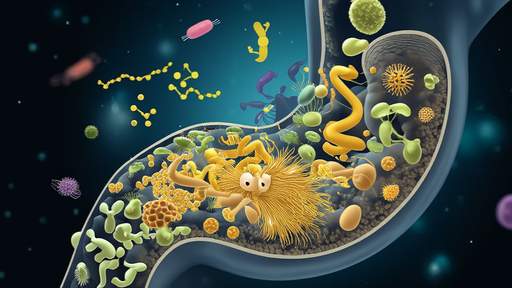
By /Jun 5, 2025
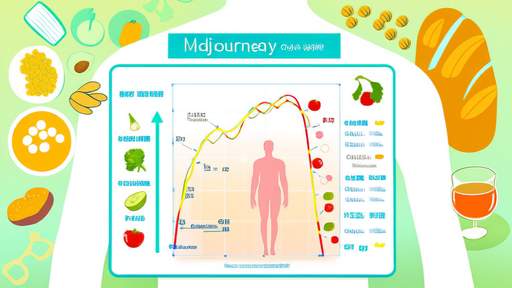
By /Jun 5, 2025
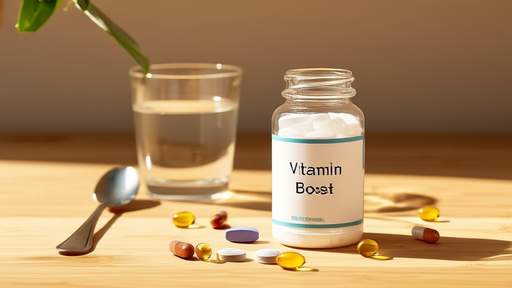
By /Jun 5, 2025
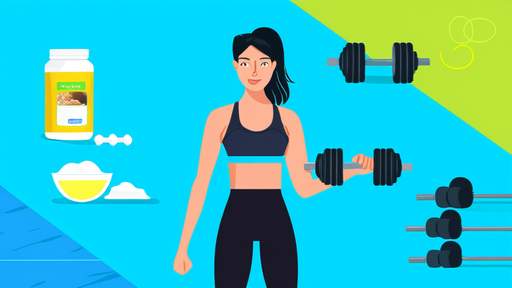
By /Jun 5, 2025
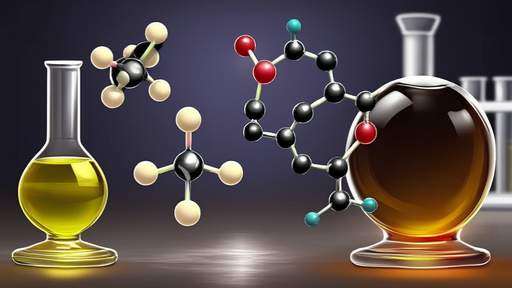
By /Jun 5, 2025

By /Jun 5, 2025

By /Jun 5, 2025

By /Jun 5, 2025

By /Jun 5, 2025

By /Jun 5, 2025